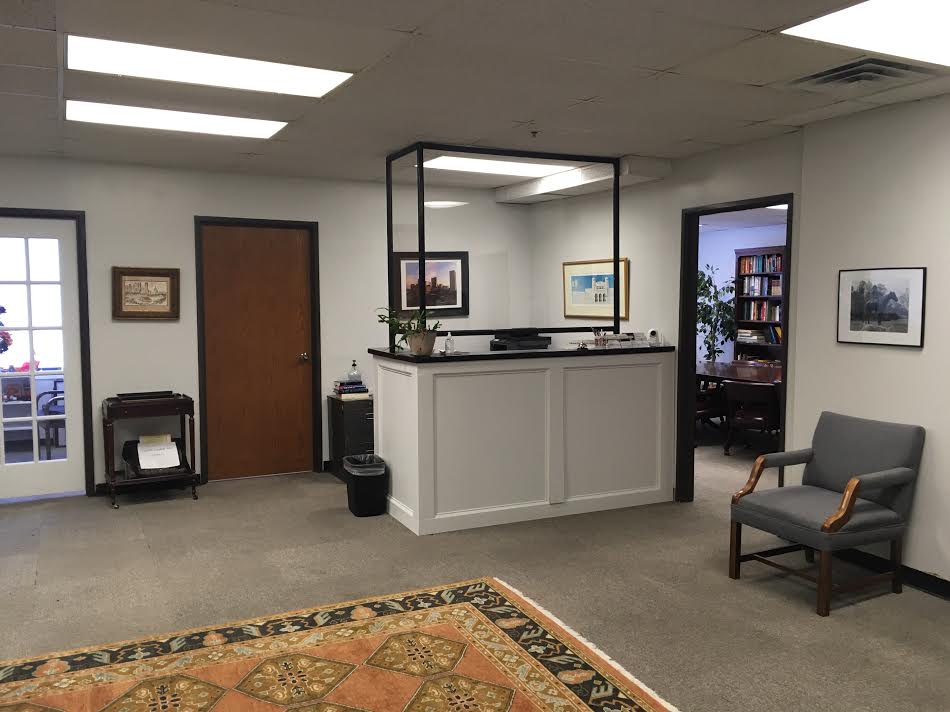Please E-mail suggested additions, comments and/or corrections to Kent@MoreLaw.Com.
Help support the publication of case reports on MoreLaw
Date: 09-19-2020
Case Style:
Charles Edward Sweeney, Jr. v. State of Indiana
Case Number: 20A-CR-887
Judge: John T. Sharpnack
Court: COURT OF APPEALS OF INDIANA
Plaintiff's Attorney: Curtis T. Hill, Jr.
Attorney General of Indiana
Caroline G. Templeton
Deputy Attorney General
Defendant's Attorney:
Free National Lawyer Directory
OR
Just Call 855-853-4800 for Free Help Finding a Lawyer Help You.
Description: Indianapolis, IN - using a pipe bomb to attempt to damage a police vehicle

MoreLaw Suites
601 South Boulder, Suite 600
855-853-4800
[1] Charles Sweeney, Jr. appeals the trial court’s denial of his motion for credit
time. We affirm.
Issue
[2] Sweeney presents one issue which we restate as: whether the trial court erred
by denying Sweeney’s motion to apply to his state court sentence the time he
served on his federal court sentence prior to its vacation.
Facts and Procedural History
[3] There are two sentences involved here—the state court sentence from which
Sweeney now appeals and a federal court sentence. In 1992, Sweeney was
sentenced in federal court to 210 months in prison for using a pipe bomb to
attempt to damage a police vehicle. See Appellant’s App. Vol. II, p. 15
(Judgment in 92-4-CR-01).
[4] In the state court case underlying this appeal, Sweeney was charged in March
1994 with the 1991 murder of Danny Guthrie. In November 1995, a jury found
Sweeney guilty of Guthrie’s murder, and the court sentenced Sweeney to sixty
years, to be served consecutive to his federal court sentence. See Sweeney v.
State, 704 N.E.2d 86 (Ind. 1998).
[5] On September 11, 2019, Sweeney’s federal conviction was vacated. See
Appellant’s App. Vol. II, p. 5 (Judgment 4:18-cv-00210-SEB-DML). The
Court of Appeals of Indiana | Memorandum Decision 20A-CR-887 | September 18, 2020 Page 3 of 4
United States subsequently dismissed the underlying indictment on January 16,
2020. See id. at 4 (Order 4:92-cr-0004-SEB-VTW).
[6] On January 31, 2020, Sweeney filed a pro se motion for credit time in the state
court cause, seeking credit time against his murder sentence for the time he
served on his federal sentence prior to it being vacated. The trial court denied
Sweeney’s motion, and he appeals that denial.
Discussion and Decision
[7] A motion styled as a motion for credit time is taken as a motion to correct an
erroneous sentence under Indiana Code section 35-38-1-15 (1983). Murfitt v.
State, 812 N.E.2d 809, 810 (Ind. Ct. App. 2004). The grant or denial of such a
motion by the trial court is reviewed for abuse of discretion. Molden v. State, 750
N.E.2d 448, 449 (Ind. Ct. App. 2001).
[8] The statutory motion to correct an erroneous sentence is available only to
correct sentencing errors that are plain on the face of the judgment of
conviction. Robinson v. State, 805 N.E.2d 783, 787 (Ind. 2004). Sentencing
claims that are not facially apparent but instead require consideration of the
proceedings before, during, or after trial may not be presented by way of a
motion to correct erroneous sentence. Id. Rather, these claims may be raised
only on direct appeal and, where appropriate, by post-conviction proceedings.
Id.
[9] Resolution of Sweeney’s credit time argument necessarily requires
consideration of factors outside the face of the judgment. As the State notes, to
Court of Appeals of Indiana | Memorandum Decision 20A-CR-887 | September 18, 2020 Page 4 of 4
address Sweeney’s argument it would be necessary to consider the orders of the
federal court vacating his conviction and dismissing his indictment as well as
information concerning his federal sentence. Thus, this argument is not
properly presented by way of a motion to correct erroneous sentence (or a
motion for credit time). Accordingly, we cannot say the trial court abused its
discretion by denying Sweeney’s motion for credit time.
[10] Sweeney has already taken a direct appeal of his murder conviction, see Sweeney,
704 N.E.2d 86, and he has previously sought post-conviction relief, the denial
of which was affirmed by this Court. See Sweeney v. State, 886 N.E.2d 1 (Ind.
Ct. App. 2008), trans. denied. Thus, his remaining option to raise his credit time
argument is by filing a proper successive petition for post-conviction relief
pursuant to Post-Conviction Rule 1 (12).
1
Outcome: For the foregoing reasons, we conclude the trial court did not abuse its
discretion by denying Sweeney’s motion for credit time.
Affirmed.
Plaintiff's Experts:
Defendant's Experts:
Comments:
Find a Lawyer
Find a Case
